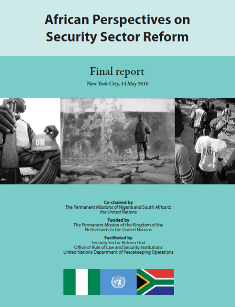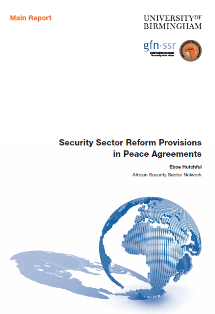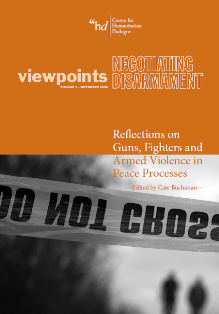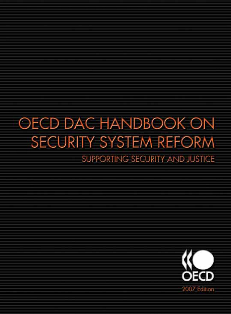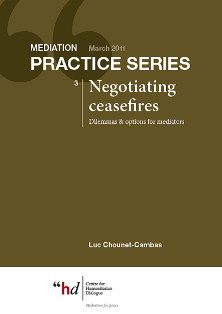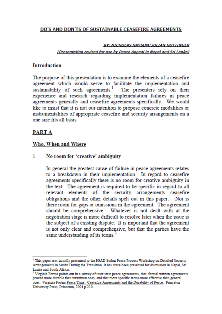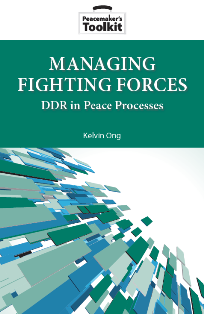
2012 | Author: K. Ong (United States Institute for Peace - USIP)
Managing Fighting Forces - DDR in Peace Processes
This handbook provides guidance on the mediation and negotiation aspects of DDR and proposes ways for mediators to establish appropriate linkages between DDR and other aspects of a peace process. The handbook provides insights on how DDR is understood by armed groups and the strategies (or countermeasures) that they might adopt to delay, avoid, or manipulate the DDR program for political, economic, or security gains. It also lays out eight steps that mediators can take as they address DDR issues. The first four steps broadly correspond to the prenegotiation phase, the next three to the negotiation phase, and the last to the implementation phase.
